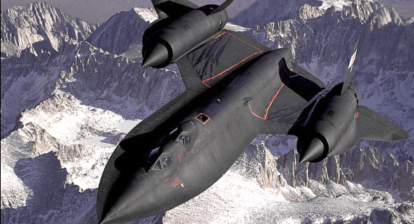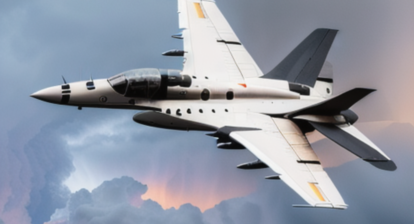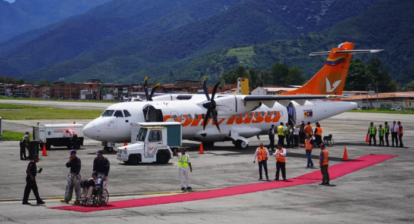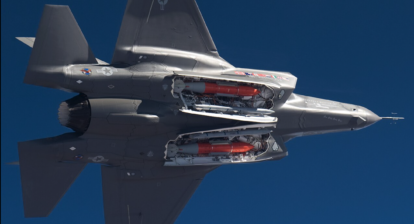AI Revolutionizing Airports: The Future of Aviation Unveiled

Introduction
In recent years, the world has witnessed a technological transformation, and artificial intelligence (AI) has been at the forefront of this revolution. AI has penetrated various industries, and aviation is no exception. Airports, airlines, aerospace companies, and related industries have embraced AI to enhance efficiency, improve safety, and provide a seamless travel experience. In this article, we will delve into the history, key facts, and statistics surrounding AI’s influence on the aviation industry, as well as its impact on pop culture. We will also explore significant events, forecast data, and the promising future that awaits with AI in aviation.
AI in Aviation: A Historical Perspective
The roots of AI in aviation can be traced back to the early days of flight simulation. The first attempts to integrate AI in aviation were made in the mid-20th century, as researchers sought to develop autopilot systems. Over time, AI evolved, and its applications expanded to areas like air traffic control and aircraft maintenance. The breakthroughs in machine learning and deep learning have further accelerated AI’s adoption in the aviation sector.
Key Facts and Statistics
- Air Traffic Management: AI-based air traffic management systems have demonstrated significant improvements in traffic flow, reducing delays by up to 40% and minimizing fuel consumption, resulting in substantial cost savings for airlines and reducing carbon emissions.
- Aircraft Maintenance: AI-driven predictive maintenance has led to a remarkable decrease in unscheduled maintenance events. Airlines have reported up to 35% reductions in maintenance costs, thanks to the early detection of potential failures through AI analysis.
- Security and Safety: AI-powered facial recognition and behavior analysis technologies have strengthened airport security, helping authorities identify potential threats and enhancing passenger safety.
- Passenger Experience: AI-driven chatbots and virtual assistants have revolutionized the passenger experience, providing real-time information, assisting with bookings, and resolving queries, ultimately improving customer satisfaction.
AI in Pop Culture: Aviation on the Silver Screen
AI’s influence on aviation is not limited to real-world applications; it has also found its way into popular culture. In the iconic movie “2001: A Space Odyssey” (1968), the sentient AI computer HAL 9000 controlled the spacecraft Discovery One, highlighting the potential of AI in futuristic space exploration. Additionally, TV series like “Westworld” (2016-2020) explored the ethical implications of highly advanced AI systems.
AI in Aviation: Looking to the Future
As AI continues to evolve, its impact on the aviation industry is bound to grow exponentially. Here are some exciting developments and future prospects:
- Autonomous Aircraft: The development of AI-powered autonomous aircraft holds the promise of reducing pilot workload and enhancing safety during flights.
- Air Traffic Optimization: AI-driven algorithms will lead to even more efficient air traffic management, allowing for increased airspace capacity and reduced travel times.
- Personalized Travel: AI will enable airlines to provide personalized travel experiences tailored to each passenger’s preferences and needs.
Forecast Data and Industry Events
While specific forecast data for AI’s future in aviation may not be available at the moment, it is clear that the integration of AI will continue to play a pivotal role in shaping the industry. As technology advances, industry experts anticipate rapid advancements in AI applications, leading to further improvements in safety, efficiency, and passenger experience.
Conclusion
The integration of AI in the aviation industry has ushered in a new era of possibilities. From optimizing air traffic management to enhancing passenger experiences, AI’s impact is far-reaching. As we embrace these technological advancements, it is crucial to remain cognizant of the ethical implications and ensure responsible and safe AI implementation.
By Vicente Jubes

Links:
https://www.linkedin.com/groups/50895/
https://aviationnetwork.us/magazine/






